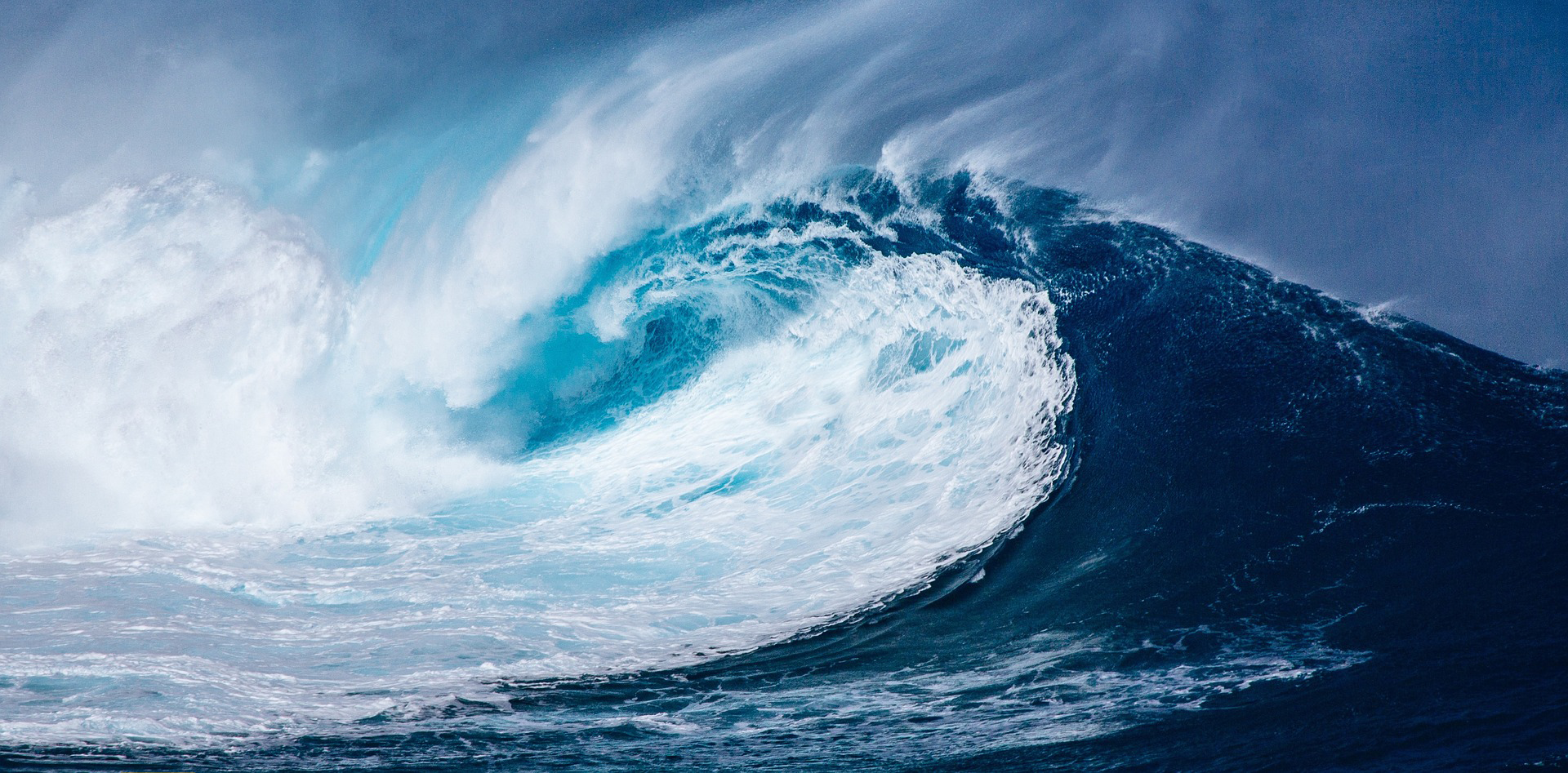The world’s oceans are not empty space: they are constantly being shaped by politics, policies and people. Overfishing, marine pollution, aquaculture, deep-sea mining, conservation and other human activities in the ocean are increasing, and decisions about these issues are guided by powerful actors and organizations.
Engaging with insights from political ecology – which studies the relationships between environmental issues and political, economic and social factors – may be key to engaging effectively with the highly political nature of the ocean. This is what Dr. Nathan Bennett, a Research Associate at the UBC Institute for the Oceans and Fisheries and the Université Côte d’Azur in France, suggests in a new article in Coastal Management.

Bennett explores research on four interconnected themes of political ecology that are related to ocean governance and management: power and politics, narratives and knowledge, scale and history, and environmental justice and equity.
Of all factors, power plays one of the most complex and critical roles in ocean governance and resource management. The influence of powerful actors and organizations in particular has been studied in fisheries management. Bennett gives the example of a case in Thailand, where unequal power relations between small-scale fishers and government officials influenced control over and access to resources [1]. Lack of accountability allowed local officials to interpret laws and extract bribes in their own interests.
“Power is shaped by rights and money, among other things, and some people simply have more power than others,” explained Bennett. “Having power can influence everything from whether you can participate in decision-making processes, to whether decisions are made in your favour, to whether you are able to harvest marine resources.”
“Having power can influence everything from whether you can participate in decision-making processes, to whether decisions are made in your favour, to whether you are able to harvest marine resources.”
“Being ignored or marginalized from decision-making can produce unfair decisions. There are plenty of examples where women’s harvesting patterns, Indigenous rights or small-scale fishers’ livelihoods have been ignored in fisheries management and marine conservation,” he continued.
Power is also deeply tied to knowledge production and use. The science used to inform marine management actions, for example, is mostly produced by relatively wealthy and powerful groups. “When local knowledge is used alongside Western science in fisheries management, it can put people on more equal footing,” said Bennett.

Nathan Bennett
On the other hand, powerlessness can also be overcome. The narratives that Indigenous peoples tell about their relationship with the ocean can be shaped into powerful tools of resistance by certain groups to demand fisheries resources or reclaim ocean spaces. This is the case with the Heiltsuk First Nation, who have been asserting their rights to manage and harvest herring roe on Canada’s Pacific Coast [2].
Insights from political ecology can be applied to create more inclusive governance processes and more equitable solutions. Bennett emphasized that a re-politicizing of the ocean is needed in order for decision-makers and organizations to avoid advocating for policies and actions that will marginalize and produce negative impacts on coastal communities, small-scale fisheries and Indigenous peoples.
Bennett added, “True collaborations between communities, natural and social scientists, and policy-makers are needed to help to identify ocean solutions that are both sustainable and just.”
The paper “In Political Seas: Engaging with Political Ecology in the Ocean and Coastal Environment” was published in the journal Coastal Management.
[1] Tan-Mullins, M. 2007. The state and its agencies in coastal resources management: The political ecology of fisheries management in Pattani, Southern Thailand. Singapore Journal of Tropical Geography 28 (3):348–61. doi:10.1111/j.1467-9493.2007.00314.x
[2] Gill, I. (2018, August 28). Of Roe, Rights, and Reconciliation. Hakai Magazine. Retrieved from www.hakaimagazine.com/features/of-roe-rights-and-reconciliation/
Tags: fisheries management, IOF Research Associates, Nathan Bennett, ocean governance, political ecology, Research